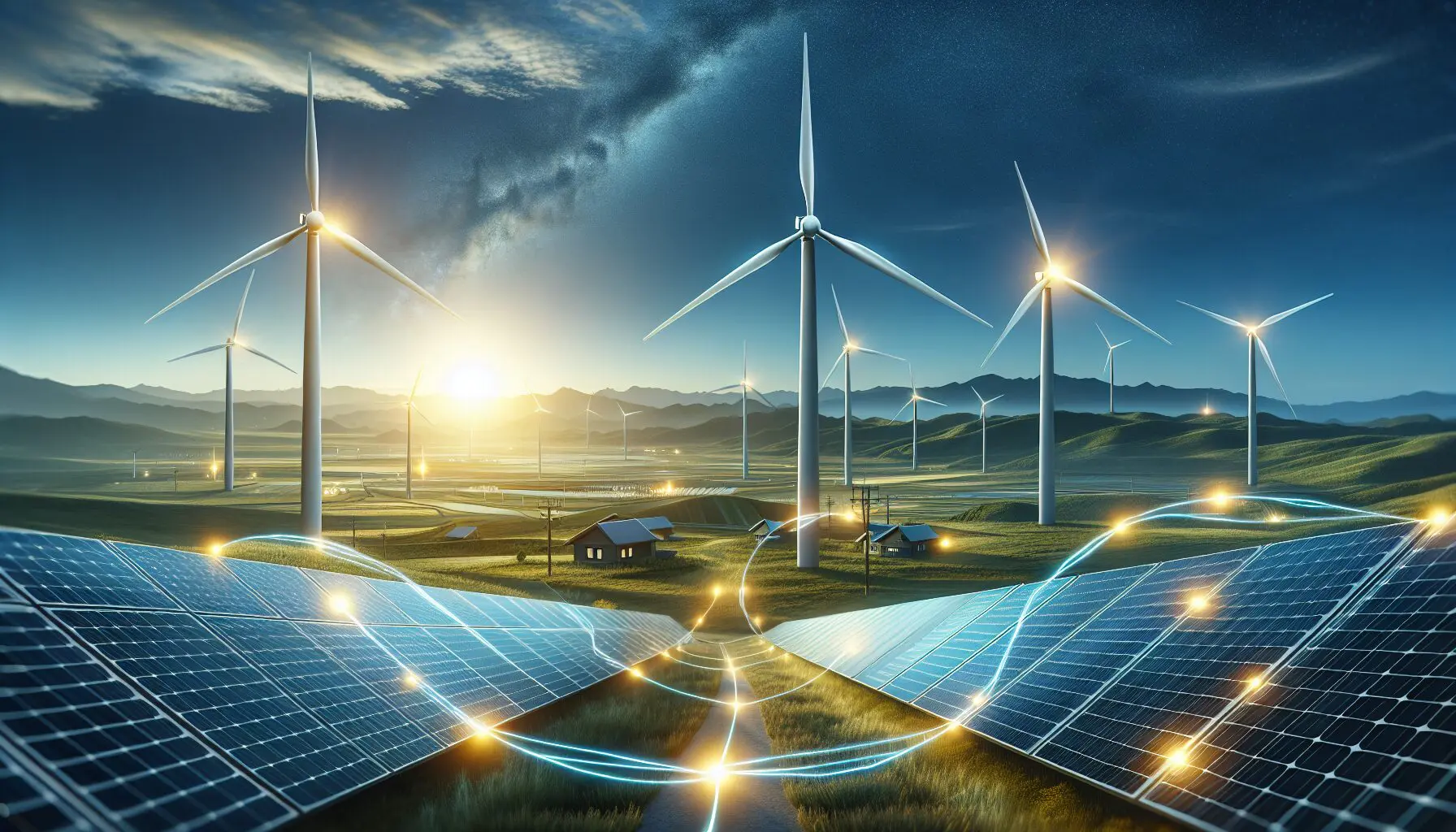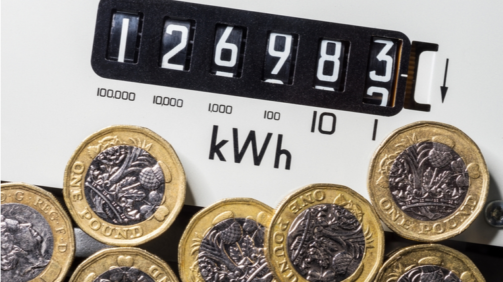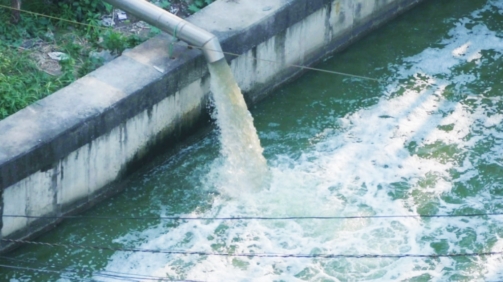The Rise of Hybrid Energy Solutions In Theme Parks: What Recreational Businesses Can Learn
In the United Kingdom, theme parks are facing an escalating energy crisis. Rising costs are threatening operations and taking away from the guest experience. Hybrid energy solutions are emerging as a beacon of hope. They blend renewable energy with traditional sources to foster sustainability and economic viability.
This approach aligns with the UK economy’s sustainability initiatives while offering significant cost-saving. By integrating hybrid energy, theme parks can reduce their environmental footprint. They can also benefit from government support, and meet the preferences of eco-conscious consumers. Let’s take a closer look at this…
How Hybrid Energy Works
Hybrid energy combines renewable energy and traditional energy power sources. This blend includes solar power, wind power, and biomass, alongside grid electricity and generators. In the context of theme park hybrid energy systems, hybrid energy involves integrating these renewable energy sources with energy storage solutions and smart grid technology to ensure a stable power supply.
UK hybrid energy advancements show the role of energy storage in hybrid systems and how smart grids optimise energy use, addressing the challenge of managing complex systems. You’ll see examples from theme parks around the world which show the effectiveness of a diverse hybrid energy system.
Different Types of Renewable & Traditional Energy Sources
Theme parks are turning to renewable energy sources like solar panels, wind turbines, and geothermal energy to power their attractions and operations. These green solutions significantly reduce carbon footprints.
The integration of these renewable sources with existing infrastructure allows for on-site generation and grid integration, giving parks the chance to become energy self-sufficient and environmentally responsible. It’s also worth mentioning that renewable energy sources present the huge challenge of unpredictability, which can greatly impact the stability of the power grid.
Smart Integration: Optimising Systems for Efficiency and Reliability
Because hybrid energy systems combine renewable and traditional energy sources, they’re better at adjusting to energy demand and cost fluctuations.
Through the use of energy storage and smart grid technologies, these systems optimise energy use. This ensures a stable and efficient power supply.
However, managing these complex hybrid systems has its own set of challenges, such as expensive installation, intensive maintenance, and the need for specialists to manage the system. In this case, consultation with energy experts and hiring specialists is the only route to overcoming these challenges.




